Decriptare i file dal ransomware Cool
Possiamo recuperare i dati criptati dalla maggior parte delle estensioni di ransomware su qualsiasi dispositivo di archiviazione
- VMware ESXi
- Microsoft Hyper-V
- Microsoft SQL Server
- Firebird
- Oracle
- VMware ESXi
- Microsoft Hyper-V
- Microsoft SQL Server
- Firebird
- Oracle
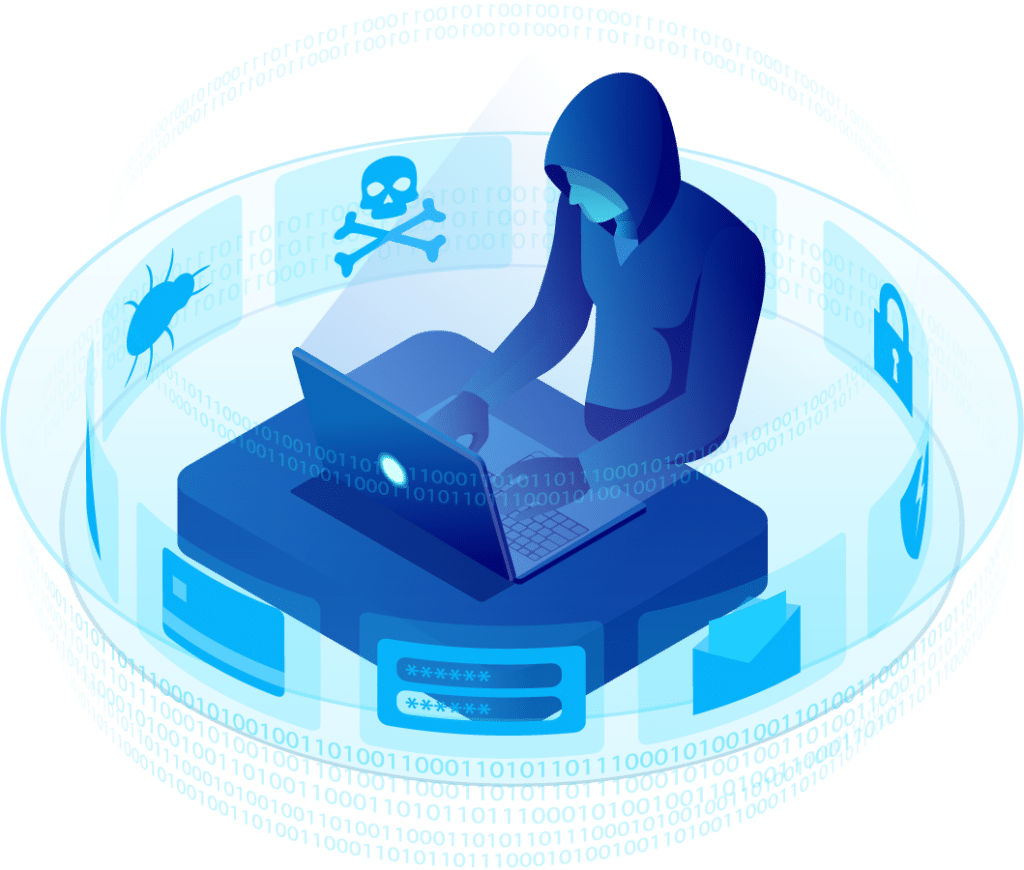
SERVIZI IN TUTTO IL MONDO
CASI DI ATTACCO LOCKBIT
CASI DI ATTACCO BLACKCAT
CASI DI ATTACCO DI HIVE LEAKS
CASI DI ATTACCO DI MALLOX
CIFRA RISPARMIATA SENZA TRATTATIVA CON GLI HACKER
Decriptare i file dal ransomware Cool
Con le nostre soluzioni uniche, il ripristino dei file crittografati da Cool è diventato fattibile.
In caso di un evento così catastrofico, le opzioni disponibili sono limitate, specialmente se i backup sono stati compromessi o non sono aggiornati. In passato, il numero di aziende che sono state costrette a chiudere a causa di un attacco ransomware che ha criptato i loro dati è stato estremamente elevato, con conseguenze economiche disastrose.
In molti casi di Cool, anche dopo il pagamento del riscatto, la chiave di decrittazione non viene inviata dai criminali; in questi casi non c’è un’autorità superiore a cui rivolgersi.
La Digital Recovery si presenta sul mercato con soluzioni in grado di decriptare i file colpiti da Ransomware. Abbiamo un numero elevato di casi di ransomware Cool risolti con successo negli ultimi anni.
Perché la Digital Recovery?
Con oltre 23 anni di esperienza, abbiamo accumulato clienti soddisfatti in tutto il mondo, possiamo eseguire le nostre soluzioni da remoto, abbiamo un servizio clienti multilingue.
Con l’aumento degli attacchi ransomware Cool nel mondo, ci siamo specializzati nella decrittazione dei ransomware. Abbiamo sviluppato una soluzione unica che può essere applicata alla stragrande maggioranza dei dispositivi di archiviazione, che si tratti di macchine virtuali, sistemi RAID, storage (NAS, DAS, SAN), database, server e altro.
I nostri specialisti sono altamente qualificati e utilizzano le ultime tecnologie nel mercato del recupero dati, la principale delle quali è TRACER, la nostra tecnologia che ci ha permesso di ottenere tantissimi casi di successo nella decrittazione dei file ransomware Cool.
Offriamo una diagnosi avanzata che ci consente di valutare l’entità dell’attacco entro le prime 24 ore lavorative. In seguito a questa diagnosi, forniamo un accordo commerciale che definisce i dettagli del processo di decrittazione dei file. Una volta accettato l’accordo, iniziamo immediatamente il processo di decriptazione dei file.
Tutte le nostre soluzioni sono conformi al Regolamento generale sulla protezione dei dati (GDPR) e garantiamo la massima sicurezza ai nostri clienti. Forniamo un accordo di riservatezza (NDA) redatto dal nostro ufficio legale, ma siamo in grado di accettare anche un NDA sviluppato dalla vostra azienda se preferite.
Siamo
sempre online
Compila il modulo o seleziona la forma di contatto che preferisci. Ti contatteremo per iniziare a recuperare i tuoi file.
Storie di successo
Cosa dicono di noi i nostri clienti
"Abbiamo avuto un grave problema dopo un'interruzione di corrente di un server NAS in Raid 5. Ho contattato immediatamente DIGITAL RECOVERY. Dopo alcuni giorni di duro lavoro il problema è stato risolto."
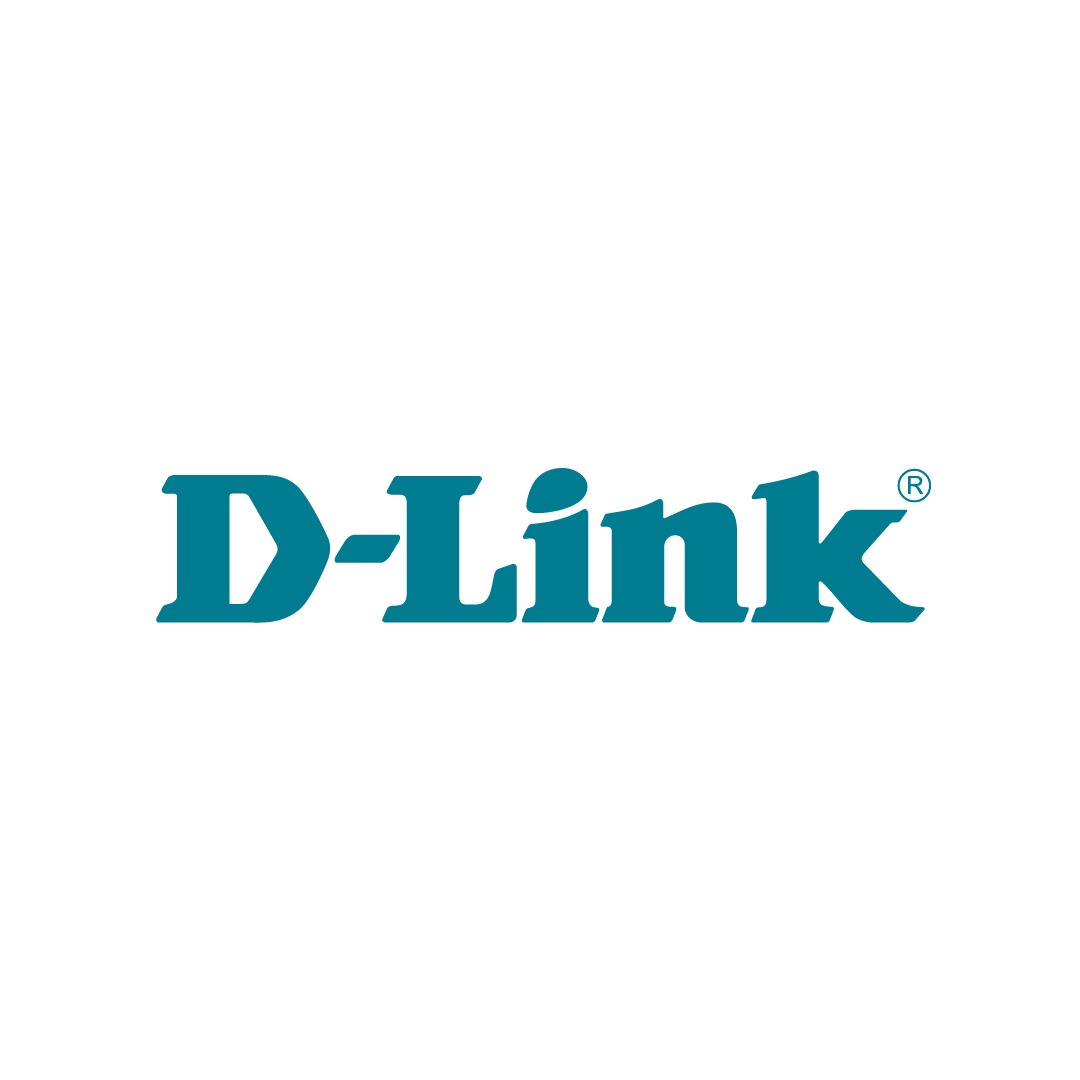
"Uno dei nostri server raid si era fermato. Dopo vari tentativi senza risolvere il problema abbiamo trovato DIGITAL RECOVERY e 5 ore dopo, alle 4 del mattino, i dati sono stati recuperati."

"Abbiamo incaricato DIGITAL RECOVERY di un caso particolare (di perdita di dati) in uno storage raid 5. Digital Recovery ha recuperato i 32 milioni di file del cliente lasciandolo estremamente soddisfatto."

"Senza dubbio la migliore azienda di recupero dati dell'America Latina. Il contatto Digital Recovery sarà sempre salvato sul mio telefono, perché inevitabilmente ne avrò di nuovo bisogno."

"La qualità del servizio è eccellente. L'attenzione al servizio clienti è gratificante e il feedback che riceviamo ci rassicura sulla fiducia nel lavoro e nella dedizione."
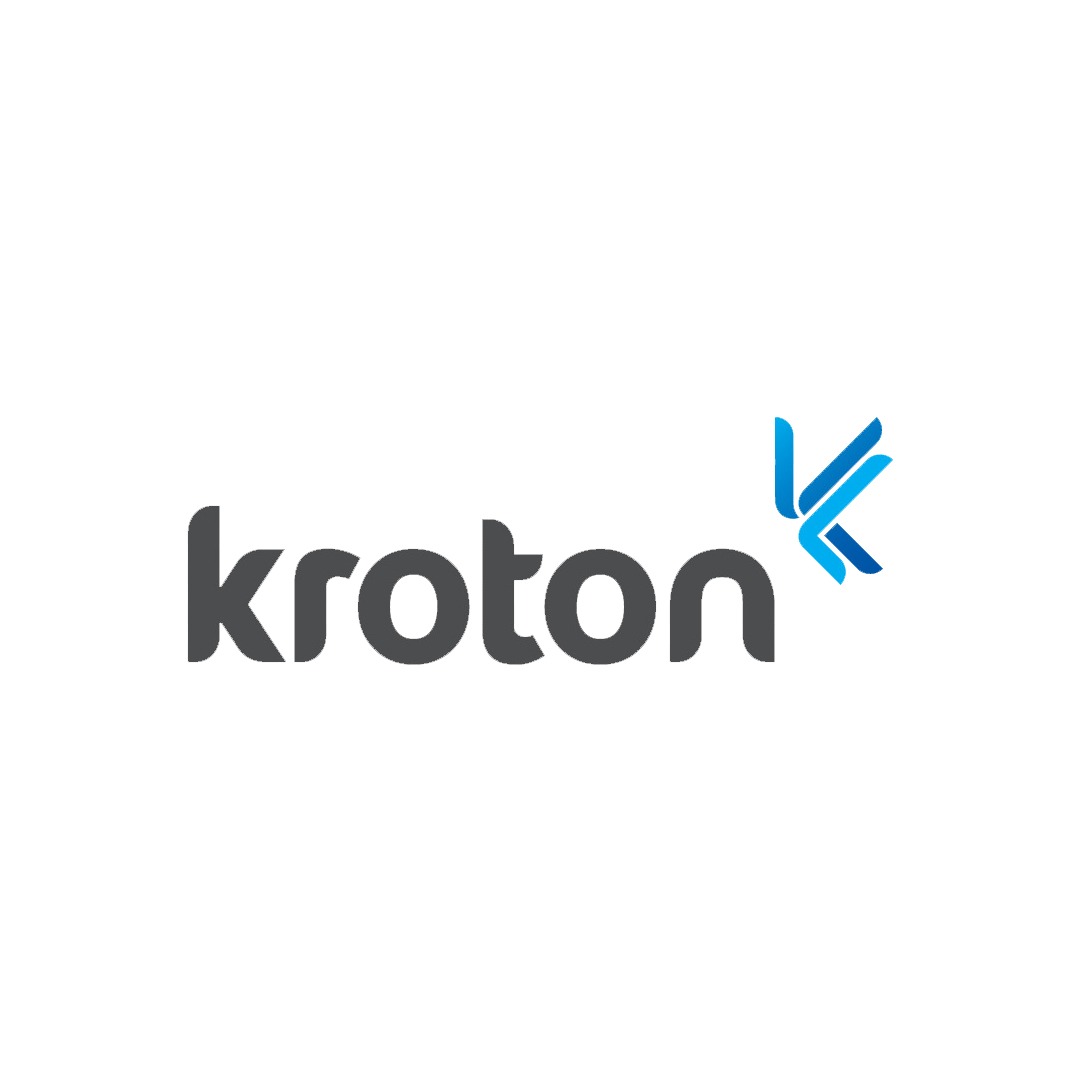
Cliente dal 2017
"Ottima azienda, mi hanno salvato da un grosso problema! Consiglio, servizio veloce, i miei ringraziamenti al team di Digital Recovery per l'attenzione e la rapida soluzione del problema! Mostra"

"È la seconda volta che conto con l'agilità e la professionalità del team di Digital Recovery, sono molto esperti e agili. Raccomando a tutti"

"Mi hanno aiutato a recuperare alcuni dati che pensavo fossero andati persi. Ho avuto un'ottima esperienza con il team per la sua calma, agilità e trasparenza."
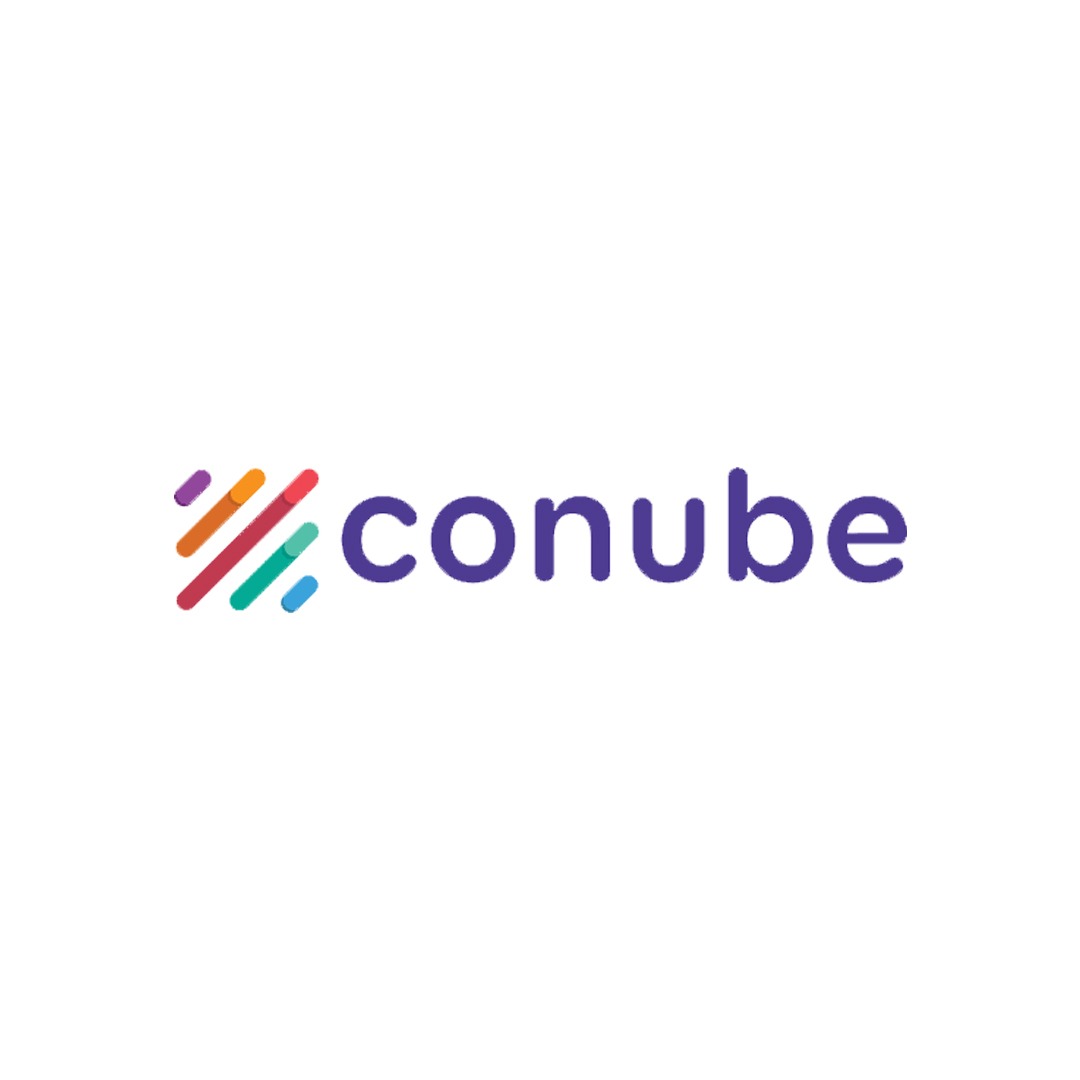









Le risposte dei nostri esperti
Il recupero dei file ransomware Cool è possibile solo perché abbiamo sviluppato una tecnologia proprietaria che ci permette di individuare i file criptati e di ricostruirli, in molti casi. Questo processo richiede la conoscenza del dispositivo di archiviazione che è stato colpito, senza la quale i file possono essere danneggiati; se ciò accade, il recupero non è possibile. I nostri esperti hanno una conoscenza approfondita di tutti i principali dispositivi di archiviazione, quali: sistemi RAID, storage (NAS, DAS, SAN), database, server, macchine virtuali e altri.
Come scegliere un'azienda per decriptare i miei dati colpiti da Cool?
Poche aziende al mondo sono in grado di decriptare i file ransomware Cool, quindi le informazioni su questa possibilità sono scarse, al punto che molti credono che il recupero sia impossibile. Inoltre, ci sono molte informazioni errate che affermano che la decrittazione non è possibile.
E in mezzo a tutto questo ci sono aziende serie che hanno sviluppato queste soluzioni, come la Digital Recovery.
Le informazioni su questi processi e sui clienti sono riservate, quindi le testimonianze ufficiali sono scarse.
Alla luce di tutto ciò, è importante cercare aziende serie e con diversi anni di esperienza nel mercato del recupero dati, che mettano a disposizione del cliente un esperto con cui comunicare fin dal primo contatto.
Quanto costa il processo di decriptazione del ransomware Cool?
Non è possibile affermare il prezzo del processo prima della diagnosi iniziale, solo con esso è possibile misurare la dimensione del danno causato dal ransomware Cool e analizzare se la decriptazione è possibile o meno.
Dopo la diagnosi iniziale, viene fatta un’offerta economica e, una volta accettata, inizia il processo di recupero. Il pagamento viene effettuato solo dopo la convalida dei file recuperati, effettuata dal cliente stesso.
Negoziare con gli hacker di Cool è una buona opzione?
I criminali che utilizzano ransomware mirano a causare panico e stress nella vittima, spingendola a contattarli per cercare di risolvere il problema. In questo stato di ansia, la vittima potrebbe acconsentire al pagamento del riscatto.
Per questo motivo, è importante non cedere alla pressione e non contattare i criminali. Al contrario, è consigliabile rivolgersi a professionisti specializzati nel settore del recupero dati, che possano analizzare l’attacco Cool e valutare le opzioni di ripristino. In questo modo, la vittima può prendere decisioni consapevoli sulla gestione dell’attacco e ridurre al minimo il rischio di perdere definitivamente i propri dati.
Gli ultimi approfondimenti dei nostri esperti

Che cos’è la memoria flash?
Sin dalla sua invenzione negli anni ’80, la memoria Flash ha rivoluzionato l’archiviazione dei dati digitali. Essenziale per dispositivi mobili, fotocamere digitali, unità di archiviazione
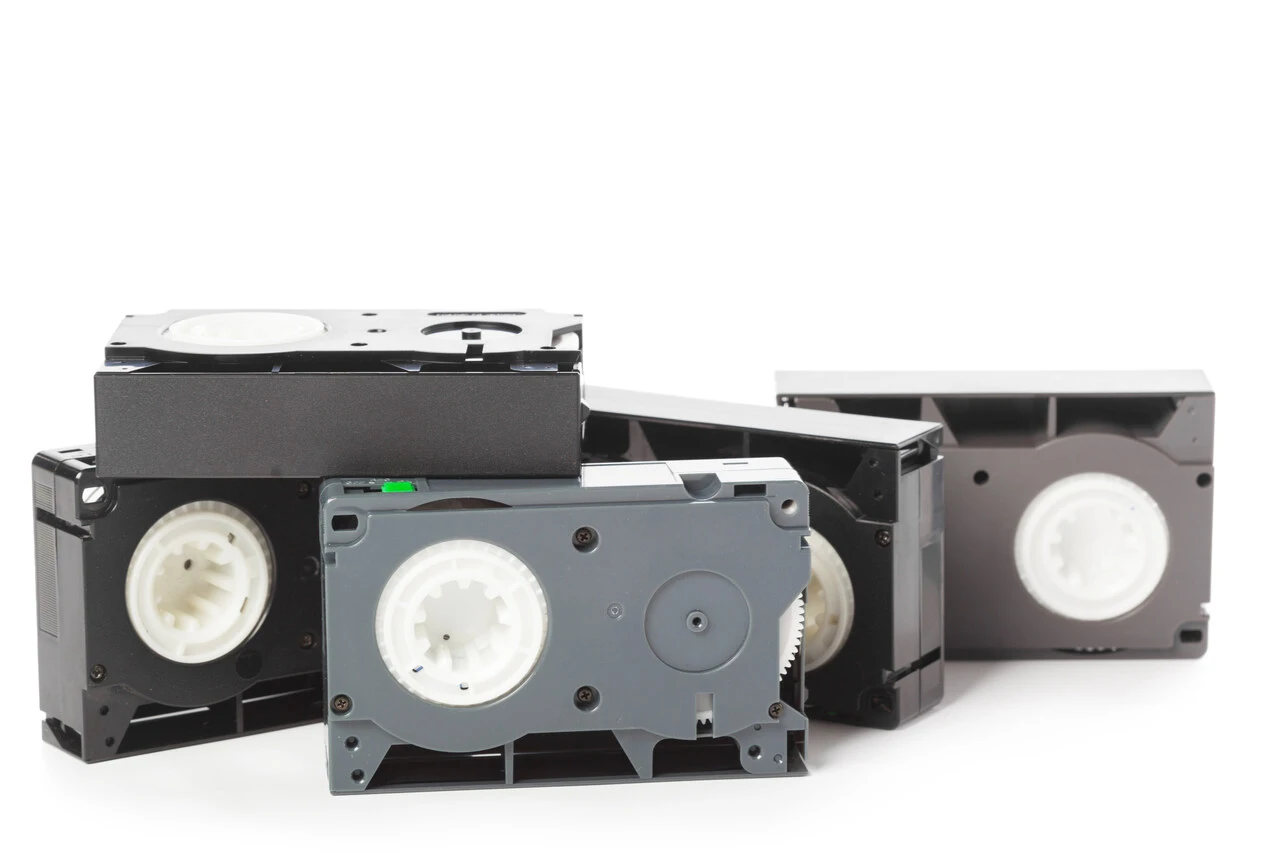
Portabilità dei dati su nastri magnetici
La portabilità dei dati su nastri magnetici consiste nella migrazione dei dati memorizzati su un vecchio nastro a un nastro con la tecnologia attuale. La
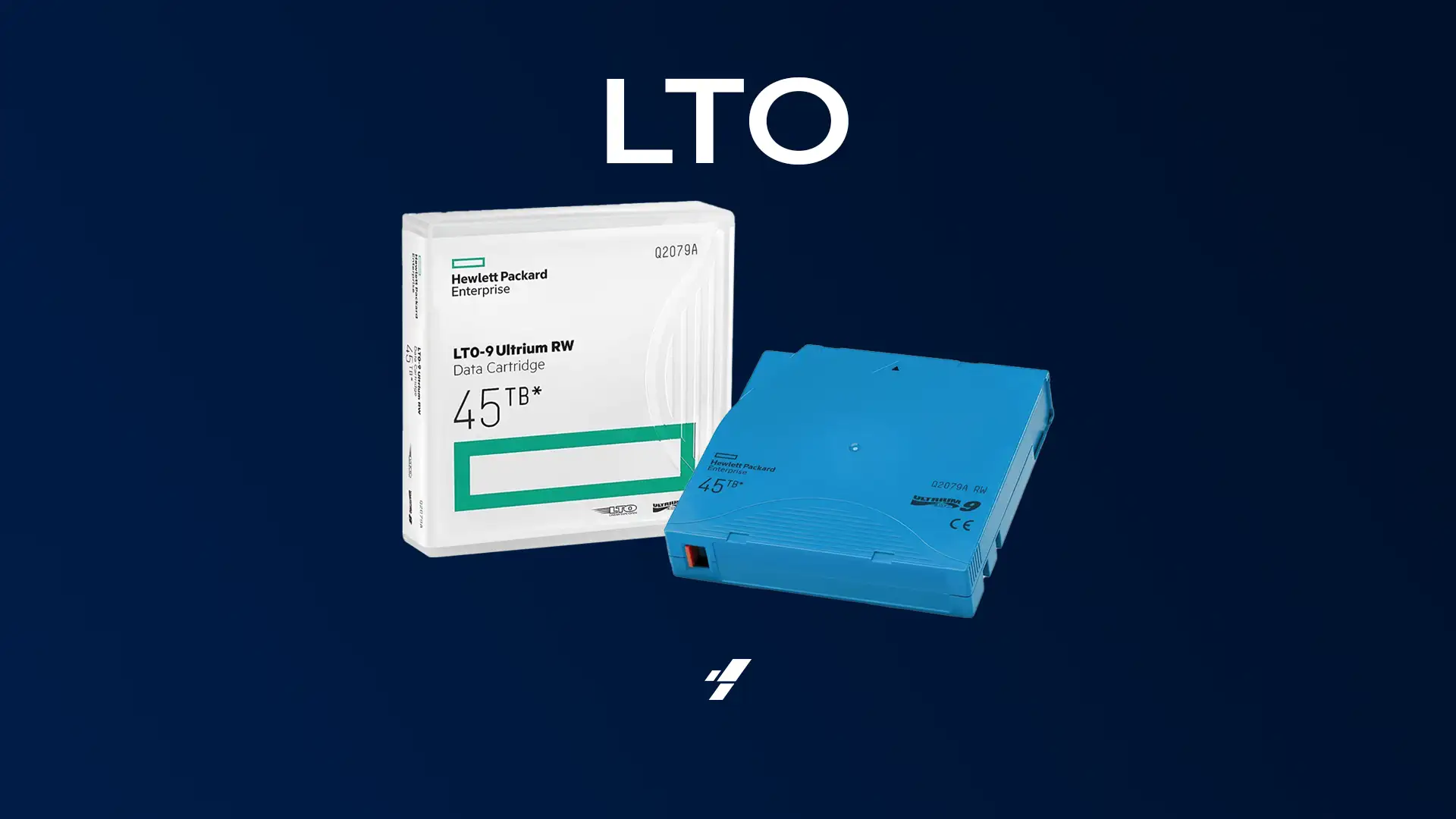
Cosa sono i nastri LTO? Scoprite la potenza dell’archiviazione a lungo termine
I nastri LTO, acronimo di Linear Tape-Open, rappresentano una tecnologia di archiviazione dati su nastro magnetico sviluppata alla fine degli anni ’90 come formato aperto
Cosa c'è da sapere
Come prevenire un attacco ransomware Cool?
Ci sono alcune precauzioni che si possono prendere per prevenire un attacco ransomware Cool, tra cui:
- Mantenere il sistema operativo e i software aggiornati: i produttori rilasciano costantemente aggiornamenti di sicurezza che correggono eventuali vulnerabilità presenti.
- Utilizzare software antivirus e firewall: questi strumenti possono aiutare a rilevare e prevenire gli attacchi ransomware.
- Fare attenzione ai messaggi di posta elettronica: non aprire allegati o cliccare su link sospetti provenienti da mittenti sconosciuti.
- Effettuare il backup dei dati: è importante creare regolarmente una copia dei dati importanti in modo che, in caso di attacco ransomware, sia possibile recuperare i file senza dover pagare il riscatto.
- Formazione dei dipendenti: è importante che tutti i dipendenti siano a conoscenza dei rischi e siano formati per evitare di cadere in trappola, ad esempio, evitando di aprire allegati sospetti o cliccare su link sconosciuti.
Prendere queste precauzioni può aiutare a ridurre il rischio di attacchi ransomware Cool, ma è importante ricordare che nessuna soluzione è completamente sicura e che è sempre possibile essere colpiti da un attacco. In caso di attacco ransomware, è importante agire rapidamente e rivolgersi a professionisti del settore.
Qual è il mezzo di accesso più comunemente utilizzato dagli hacker di Cool per introdursi negli ambienti?
Gli hacker di Cool utilizzano diversi mezzi di accesso per introdursi negli ambienti, ma uno dei più comuni è il phishing. Il phishing è una tecnica di attacco informatico che prevede l’invio di email o messaggi di testo fraudolenti che sembrano provenire da fonti affidabili, come banche, servizi di posta elettronica, social network, siti web, etc. L’obiettivo del phishing è di indurre la vittima a cliccare su un link o ad aprire un allegato infetto, consentendo così agli hacker di accedere all’ambiente della vittima e installare il malware, tra cui il ransomware Cool.
Esiste un comportamento del mio server che posso analizzare per sapere se sono stato attaccato da un Ransomware Cool?
Sì, esistono alcuni comportamenti che potrebbero indicare un possibile attacco ransomware Cool sul tuo server, ad esempio:
- Aumento della quantità di file crittografati: se noti un aumento del numero di file crittografati sul tuo server, potrebbe essere un segnale di un attacco ransomware in corso.
- Modifiche ai nomi dei file: se noti che i nomi dei file sono stati modificati con estensioni insolite o sconosciute, potrebbe indicare che i file sono stati criptati da un ransomware.
- Messaggi di riscatto: se visualizzi messaggi di richiesta di riscatto sul tuo server o sui computer collegati, potrebbe essere un segnale di attacco ransomware.
- Attività anomale del processo: se noti che i processi sul tuo server stanno funzionando in modo anomalo o che ci sono processi sconosciuti che si eseguono, potrebbe indicare un possibile attacco ransomware.
- Traffico di rete sospetto: se noti un aumento del traffico di rete in uscita verso destinazioni sconosciute, potrebbe essere un segnale di attacco ransomware.
È importante monitorare regolarmente il tuo server per individuare eventuali attività sospette o comportamenti anomali, al fine di identificare tempestivamente un possibile attacco ransomware Cool. Inoltre, è sempre consigliabile mantenere aggiornati i sistemi operativi e le applicazioni, utilizzare software antivirus e firewall affidabili e sensibilizzare gli utenti sulle migliori pratiche di sicurezza informatica.
Cosa succede se non pago il riscatto a Cool?
Se non si paga il riscatto agli hacker di Cool, ci possono essere diverse conseguenze:
- Perdita dei dati: gli hacker potrebbero eliminare permanentemente i file crittografati, rendendo impossibile il loro recupero.
- Diffusione dei dati: gli hacker potrebbero minacciare di divulgare i dati sensibili o privati rubati, causando danni reputazionali e finanziari.
- Richieste di pagamento aggiuntive: gli hacker potrebbero continuare a richiedere ulteriori pagamenti, nonostante il primo rifiuto.
- Nuovi attacchi: se gli hacker hanno già avuto accesso al sistema, potrebbero tentare di attaccare nuovamente o di diffondere il ransomware ad altri sistemi.
È importante notare che pagare il riscatto non garantisce necessariamente il ripristino dei dati. Inoltre, pagare il riscatto incoraggia gli hacker di Cool a continuare a utilizzare tattiche di ransomware contro altre vittime. La migliore strategia per affrontare un attacco ransomware Cool è quella di avere un piano di sicurezza robusto e di sicurezza dei dati, nonché di cercare l’aiuto di esperti in sicurezza informatica.



